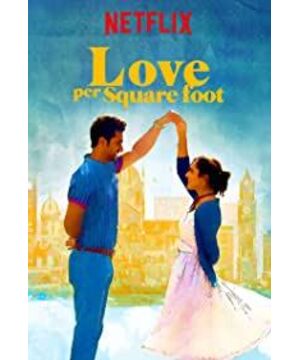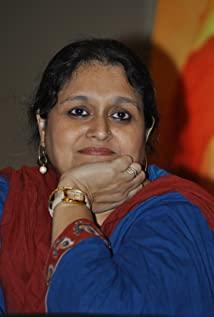Indian movie "Four Combo"
Linghu Xiao
After several waves of heavy costumes, fantasy, awkward IP, crazy traffic, etc., naked travellers in the film and television market appeared, and the value of strength and originality was renewed, and the realism themes welcomed the spring. In this new era of creation, when we are striving for self-improvement, we might as well take a look at the rocks of other mountains. What I can think of is that the Indian film series has played a beautiful "realistic four-strike combo".
The first hit, 2012's "Three Fools in Hollywood", satirized the shortcomings of India's "cramming" test-oriented education with a comedic approach, astonished the Oscars, and entered the resonance zone of Chinese audiences. Three hard-working students, under the forcible intervention of their parents, gritted their teeth for college entrance examinations, "filled the ducks" and mixed their diplomas, and finally found that hobbies and happiness are the most important. The Chinese students who have experienced the "thousands of troops and horses crossing the single-plank bridge" college entrance examination, Feeling sorrowful.
The second hit, 2017's "Wrestle!" "Dad", tells about a wrestler who originally had a patriarchal complex, transformed into a "tiger dad" and trained his daughter to become a world-class wrestling champion. The fan "straight male cancer" laughs and satirizes the Indian sports system and officials.
The third hit, "Starting Line" in 2018, was literally translated as "India's Middle Class", but such a so-called class is vulnerable to the school district. There are many jokes, children's education, and the gap between the rich and the poor in a realistic Indian society. The problem is that you can cry when you smile.
The above "three strikes" have been double-checked by box office and word of mouth, and they are all intuitively visible to Chinese audiences. The fourth hit I want to talk about is of course not the bluffing "Bahubali King 2" with the title of "blockbuster". It turns out that the Indian version of "Bahubali 2" is also unpopular with Chinese audiences; I The "fourth blow" was a movie called "Fangcun's Love", which was produced in cooperation with a local company in India, reflecting the "high house price, difficult to buy a house". At the beginning of the movie, the actor Sanjay is wearing a vest shorts and a cape flying in the wind, standing on the roof, looking into the distance, like a superman with a lofty heart, but with a toothbrush in his mouth, looking at the opposite side of the hardcover. Commodity housing, dreaming that I can have my own hut in this city, and I don’t need to be close to 30 years old to squeeze with my parents in the small and shabby dormitory allocated by the railway company and crowded with public toilets every day. Although he is a very promising young man who works in a bank where he needs to swipe his card to enter the door, the housing prices in Mumbai make him "false white-collar workers" every second. Fortunately, the opportunity came. The Indian government introduced a low-cost housing policy for young couples. In order to realize the dream of buying a house, Sanjay staged a farce of "buying a house with fake marriage". Seeing this, the audience can't help but begin to empathize with each other? Absurdity is ridiculous, and real problems always hit the nail on the head.
As mentioned above, with regard to the "four combos" of realistic themes and comedy, Indian movies are enough to amaze Chinese audiences, and I feel like I have not said anything. On the other hand, this kind of Indian film is also a new era Indian film after transformation, and it is another successful display of Indian film. In the 1970s and 1980s, the Indian movie "Bollywood", with its singing and dancing "Caravan" and "Wanderers", once impressed Chinese audiences. Seeing the literary and art workers in neighboring countries successfully use realistic themes to give new life to the characteristic singing and dancing, we can't help but let us see the best and full of confidence in the realistic themes of Chinese movies.
View more about Love Per Square Foot reviews











